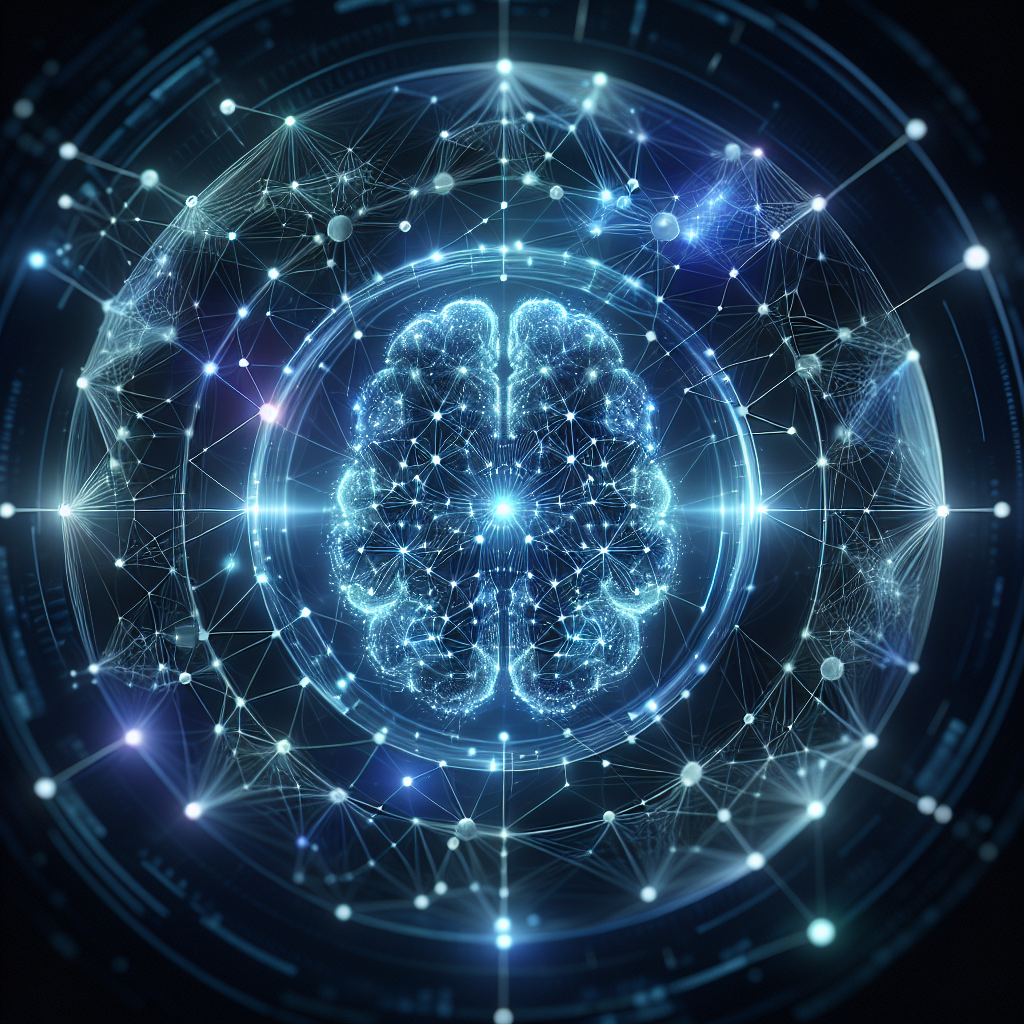The Future of Artificial General Intelligence: What to Expect
Artificial General Intelligence (AGI) is the next frontier of artificial intelligence, with the potential to revolutionize industries, transform society, and shape the future of humanity. AGI refers to a type of AI that can understand, learn, and apply knowledge in a wide range of tasks and domains, similar to human intelligence. While current AI systems excel at specific tasks, such as image recognition or natural language processing, they lack the general intelligence and adaptability of humans. The development of AGI holds the promise of creating machines that can think, reason, and solve problems like humans, leading to unprecedented advancements in technology and human capabilities.
The road to AGI is complex and challenging, requiring breakthroughs in machine learning, cognitive science, and neuroscience. Researchers are working on developing AI systems that can learn from limited data, generalize across domains, and reason abstractly. Recent advances in deep learning, reinforcement learning, and neural networks have brought us closer to AGI, but there are still significant obstacles to overcome. Some experts predict that AGI could be achieved within the next few decades, while others believe it is still far off in the future.
What to Expect from AGI
When AGI becomes a reality, it will have a profound impact on every aspect of society, from healthcare and education to transportation and entertainment. Here are some potential benefits and challenges of AGI:
Benefits of AGI:
1. Increased productivity: AGI systems can automate repetitive tasks, freeing up humans to focus on more creative and strategic work.
2. Improved decision-making: AGI can analyze vast amounts of data and make informed decisions faster and more accurately than humans.
3. Enhanced creativity: AGI can generate new ideas, designs, and solutions that humans may not have thought of.
4. Personalized experiences: AGI can tailor products, services, and content to individual preferences and needs.
5. Breakthroughs in science and technology: AGI can accelerate research and development in fields such as medicine, materials science, and energy.
Challenges of AGI:
1. Ethical concerns: AGI raises ethical questions about privacy, bias, accountability, and the impact on jobs and society.
2. Security risks: AGI systems could be vulnerable to cyberattacks, manipulation, and misuse by malicious actors.
3. Unemployment: AGI could automate jobs and displace workers, leading to economic and social disruptions.
4. Unintended consequences: AGI systems may exhibit unpredictable behaviors or unintended consequences that could have negative impacts.
5. Control and governance: AGI raises questions about who should have control over AI systems, how they should be regulated, and what safeguards should be in place.
FAQs about AGI
Q: What is the difference between AGI and narrow AI?
A: Narrow AI refers to AI systems that are designed for specific tasks, such as image recognition or speech recognition. AGI, on the other hand, is a more general form of AI that can perform a wide range of tasks and learn new skills.
Q: How close are we to achieving AGI?
A: It is difficult to predict when AGI will be achieved, as it depends on many factors, such as technological breakthroughs, research progress, and funding. Some experts believe AGI could be achieved within the next few decades, while others think it is still far off in the future.
Q: What are the key challenges in developing AGI?
A: Developing AGI is a complex and multidisciplinary task that requires advances in machine learning, cognitive science, and neuroscience. Some key challenges include learning from limited data, reasoning abstractly, and understanding the human mind.
Q: What are the potential benefits of AGI?
A: AGI has the potential to increase productivity, improve decision-making, enhance creativity, personalize experiences, and accelerate scientific and technological breakthroughs.
Q: What are the risks and challenges of AGI?
A: AGI raises ethical concerns about privacy, bias, accountability, and the impact on jobs and society. It also poses security risks, potential unemployment, unintended consequences, and questions about control and governance.
In conclusion, the future of Artificial General Intelligence holds immense promise and potential, but also raises complex challenges and risks. As we continue to advance the field of AI and work towards achieving AGI, it is essential to consider the ethical, social, and economic implications of this technology. By addressing these issues proactively and responsibly, we can harness the power of AGI to create a better future for humanity.

